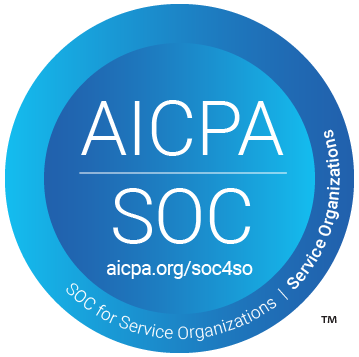Melissa Data Quality Platforms
Melissa's Full Spectrum DQ Approach. Learn MoreMelissa Data Quality Tools
Verify, correct & cleanse contact data in 240+ countries.Melissa Identity Verification
Increase compliance, reduce fraud and improve onboarding. Visit Identity Verification SolutionsMelissa E-Commerce / CRM
Improve customer onboarding, marketing & fulfillment.Melissa Enrich
Gain insight into who and where your customers are.Melissa Industries
See how Melissa's solutions work across industries.Data Hygiene
Keep your mailing list up-to-date, qualify for postal discounts & reduce UAA mail.Data Enhancement
Enrich your consumer or business records for greater insight & omni-channel marketing success.SaaS
Clean and update your data in the cloud, no software to maintain.Verify & enrich your records with multi-sourced, authoritative reference datasets.
Solutions for Real Estate
Improve Property Intelligence to Close the Deal
What We Do
Melissa Harnesses Better Data for Real Estate
Melissa has spent over three decades building an extensive knowledgebase to provide real estate professionals with comprehensive and accurate data solutions they can trust. Helping more than 10,000 customers worldwide, Melissa provides deep global intelligence of properties, customers, location data and more. Work with us to:
- Gain valuable insight into properties or owners of interest
- Better target property owners who are more likely to sell
- Improve knowledge of location, neighborhood, properties & more
- Effectively communicate & boost client engagement
- Establish your presence & services in neighborhoods of interest
Melissa Real Estate Solutions
Real Data for Real Estate Professionals
Gain immediate insight into properties, neighborhoods or owners of interest with our extensive, growing and consistently updated knowledgebase. Our easy-to-use and comprehensive solutions make it incredibly easy to achieve strategic objectives, find new investment opportunities and locate your best clients.
Property Data
Gain deep insight into 140+ million U.S. properties with 400 data elements including square footage, land information, building information & more.
Mortgage Data
Find calculated deed information such as current estimated market value, current & past trust deed transactions & more.
Owner Data
Determine if the current resident is a renter or owner & gain insight into owner’s other properties, name and mailing address & more.
Absentee Homeowners
Gain access to our large dataset of non-resident homeowners, corporate owners & trustees – excellent lead sources for investors.
Saturation/Occupant Mailing List
Saturate current residents of a neighborhood with USPS® compliant addresses with head of household names included.
Parcel Boundary Shapefiles
Take a comprehensive look at the boundaries of a piece of land or an individual property.
Melissa Case Study
Clik2Flip
Ready to Start Your Demo?
Start today with Melissa's wide range of Data Quality Solutions, Tools, and Support.










